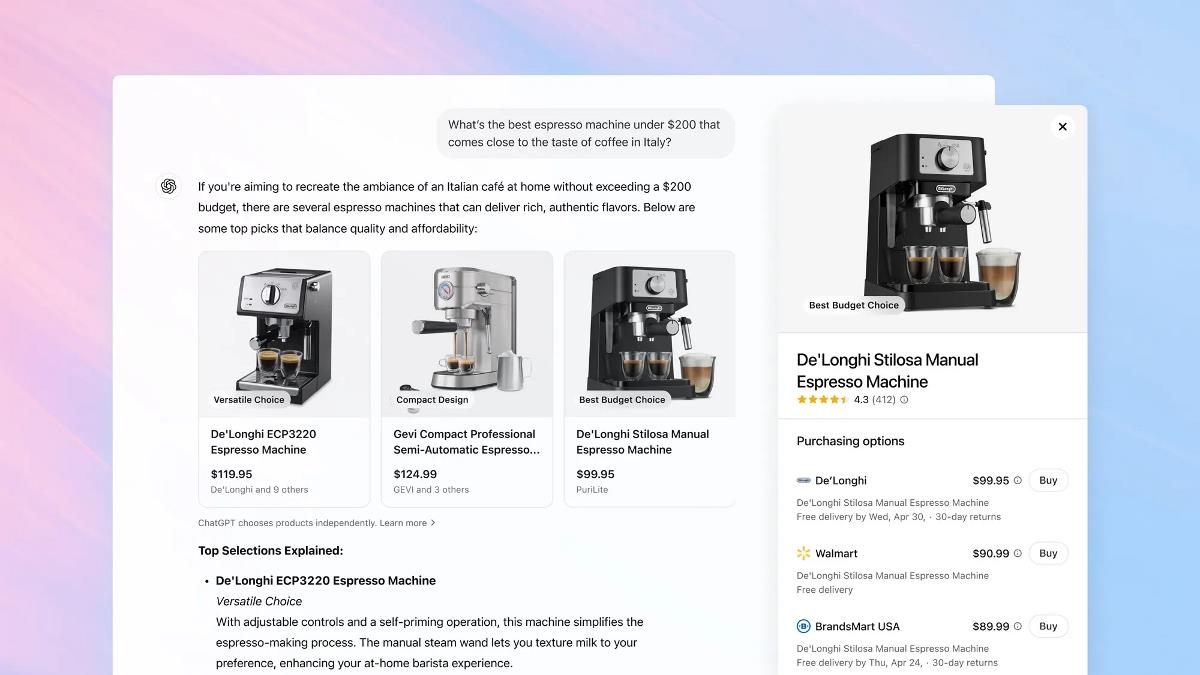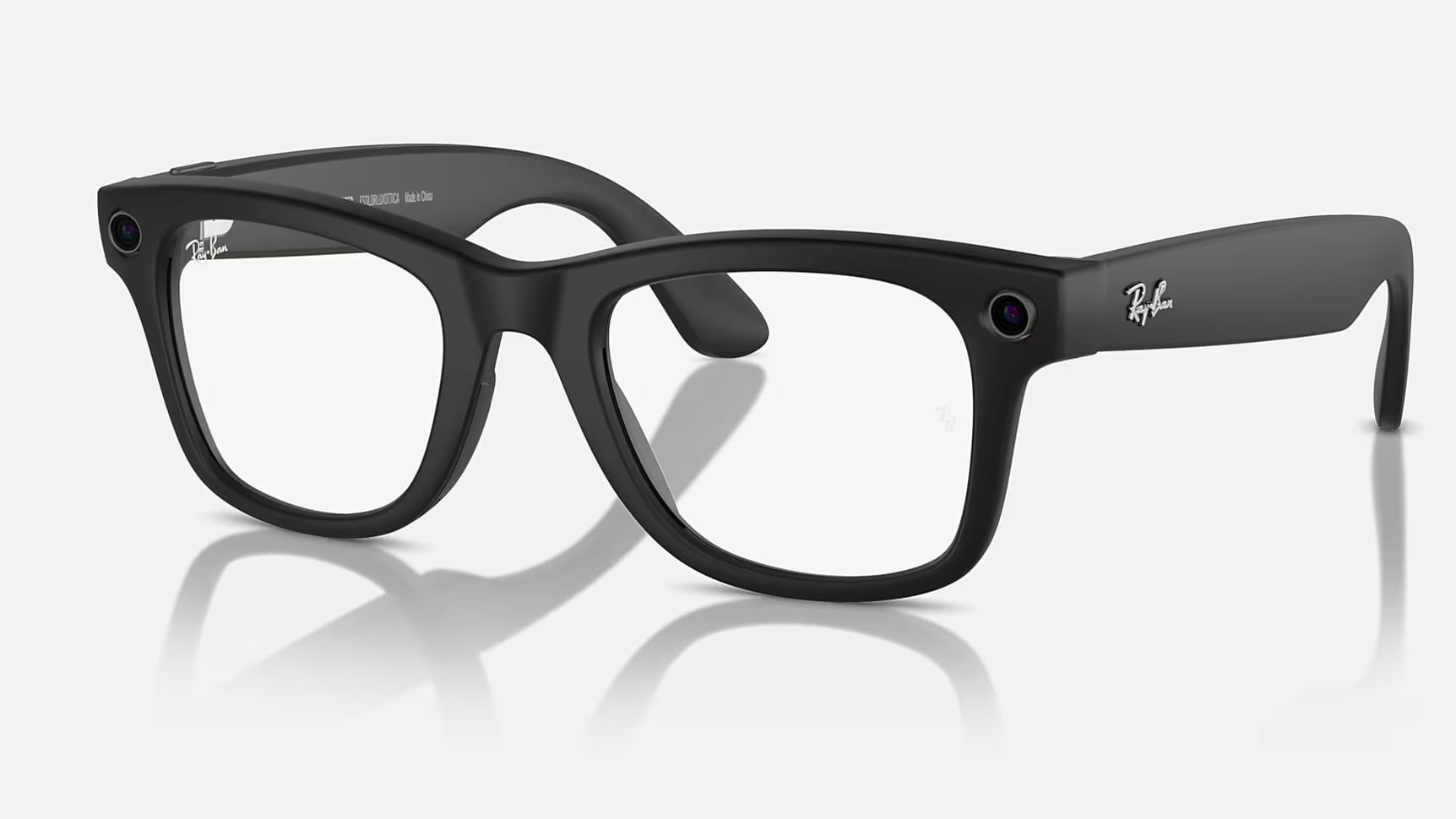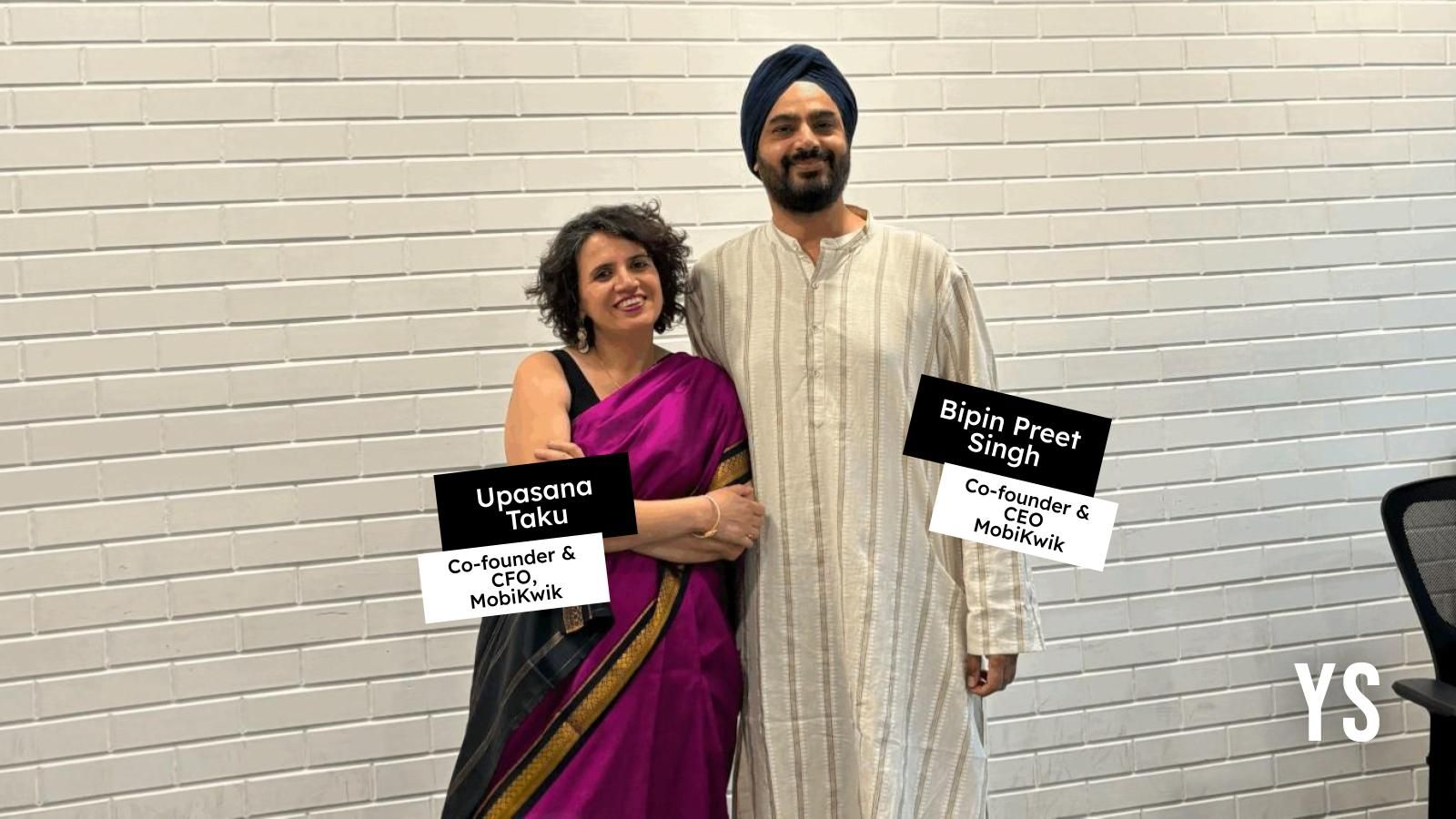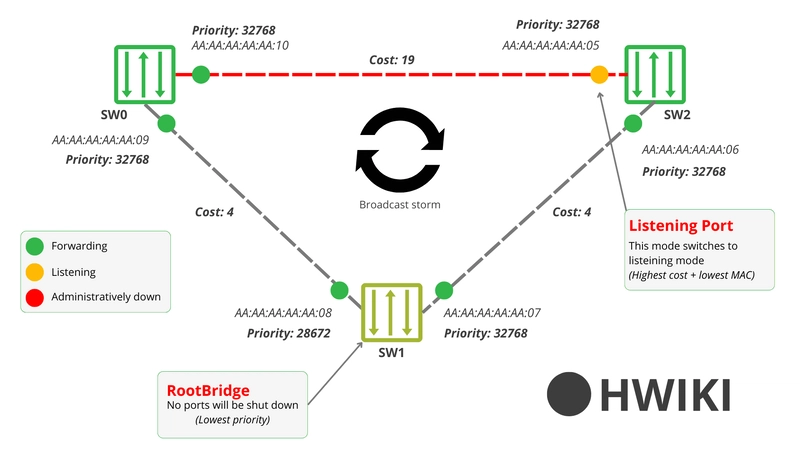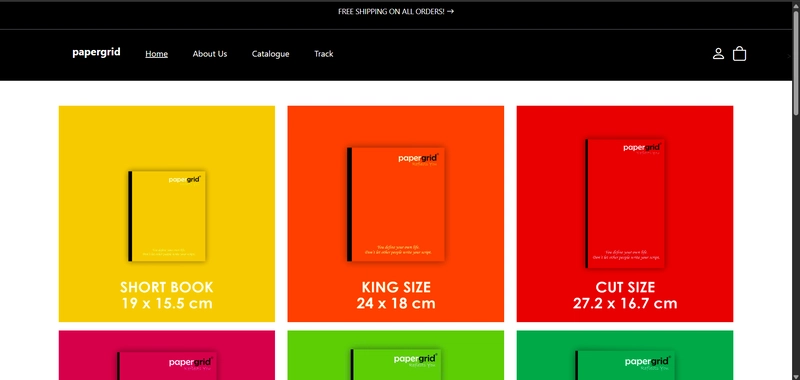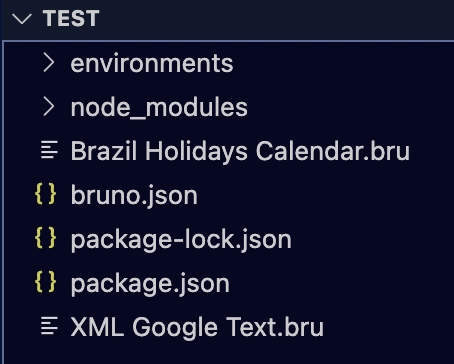Dear Developers Consider these Five Things Before Choosing Your Next Tech Stack
## Frontend Philosophy: Structure vs. Flexibility When you're picking between MEAN and MERN stacks, you're really choosing between Angular and React for your frontend. Angular is like that super-organized friend who has a place for everything. It gives you a complete toolkit with rules about how things should be done. React, on the other hand, is more like that creative friend who's always finding clever new solutions. It gives you building blocks (components) but lets you decide how to put them together. Team Size and Collaboration If you're working at a large company where many developers need to coordinate, Angular's structure helps everyone stay on the same page. The built-in TypeScript catches mistakes before they become problems, which is a lifesaver in big projects. For startups or small teams that need to adapt quickly, React's simpler approach might feel more natural. You can build something working faster and change direction when needed without fighting against the framework. Learning Curve and Developer Experience Angular feels like learning to fly a helicopter—there's a lot to master upfront, and you'll spend plenty of time with those massive instruction manuals. But once your team gets it, you'll have a rock-solid codebase that won't fall apart when someone sneezes. React, on the other hand, is more like riding a bike with training wheels that you can quickly remove. New developers can jump into MERN projects and start building stuff almost immediately, which is perfect when you need to get something working by yesterday. Performance and UI Responsiveness When it comes to making screens that respond instantly to every click and swipe, React's approach in MERN is hard to beat. It's like having a race car that can turn on a dime—perfect for apps where things need to update in real time without any lag. Angular's MEAN setup is more like a luxury SUV—it handles heavy loads beautifully with its compilation tricks and fancy data handling, but it might take a second to get rolling. Your users might notice those extra milliseconds when the app first loads, especially on slower connections. Recommendation Choose MEAN if you’re building enterprise-grade applications with complex business logic, require strict coding standards, and your team is comfortable with TypeScript and Angular’s structure. Choose MERN if your focus is on fast, dynamic, and interactive user interfaces, rapid prototyping, and leveraging React’s reusable components and extensive ecosystem.
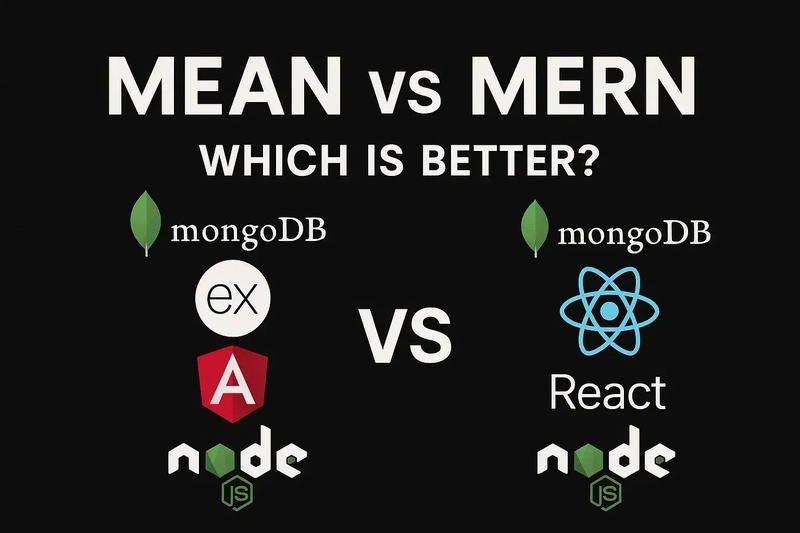
Frontend Philosophy: Structure vs. Flexibility
When you're picking between MEAN and MERN stacks, you're really choosing between Angular and React for your frontend. Angular is like that super-organized friend who has a place for everything. It gives you a complete toolkit with rules about how things should be done. React, on the other hand, is more like that creative friend who's always finding clever new solutions. It gives you building blocks (components) but lets you decide how to put them together.
Team Size and Collaboration
If you're working at a large company where many developers need to coordinate, Angular's structure helps everyone stay on the same page. The built-in TypeScript catches mistakes before they become problems, which is a lifesaver in big projects. For startups or small teams that need to adapt quickly, React's simpler approach might feel more natural. You can build something working faster and change direction when needed without fighting against the framework.
Learning Curve and Developer Experience
Angular feels like learning to fly a helicopter—there's a lot to master upfront, and you'll spend plenty of time with those massive instruction manuals. But once your team gets it, you'll have a rock-solid codebase that won't fall apart when someone sneezes. React, on the other hand, is more like riding a bike with training wheels that you can quickly remove. New developers can jump into MERN projects and start building stuff almost immediately, which is perfect when you need to get something working by yesterday.
Performance and UI Responsiveness
When it comes to making screens that respond instantly to every click and swipe, React's approach in MERN is hard to beat. It's like having a race car that can turn on a dime—perfect for apps where things need to update in real time without any lag. Angular's MEAN setup is more like a luxury SUV—it handles heavy loads beautifully with its compilation tricks and fancy data handling, but it might take a second to get rolling. Your users might notice those extra milliseconds when the app first loads, especially on slower connections.
Recommendation
Choose MEAN if you’re building enterprise-grade applications with complex business logic, require strict coding standards, and your team is comfortable with TypeScript and Angular’s structure.
Choose MERN if your focus is on fast, dynamic, and interactive user interfaces, rapid prototyping, and leveraging React’s reusable components and extensive ecosystem.































![[Free Webinar] Guide to Securing Your Entire Identity Lifecycle Against AI-Powered Threats](https://blogger.googleusercontent.com/img/b/R29vZ2xl/AVvXsEjqbZf4bsDp6ei3fmQ8swm7GB5XoRrhZSFE7ZNhRLFO49KlmdgpIDCZWMSv7rydpEShIrNb9crnH5p6mFZbURzO5HC9I4RlzJazBBw5aHOTmI38sqiZIWPldRqut4bTgegipjOk5VgktVOwCKF_ncLeBX-pMTO_GMVMfbzZbf8eAj21V04y_NiOaSApGkM/s1600/webinar-play.jpg?#)






































































































































![[The AI Show Episode 145]: OpenAI Releases o3 and o4-mini, AI Is Causing “Quiet Layoffs,” Executive Order on Youth AI Education & GPT-4o’s Controversial Update](https://www.marketingaiinstitute.com/hubfs/ep%20145%20cover.png)














































































































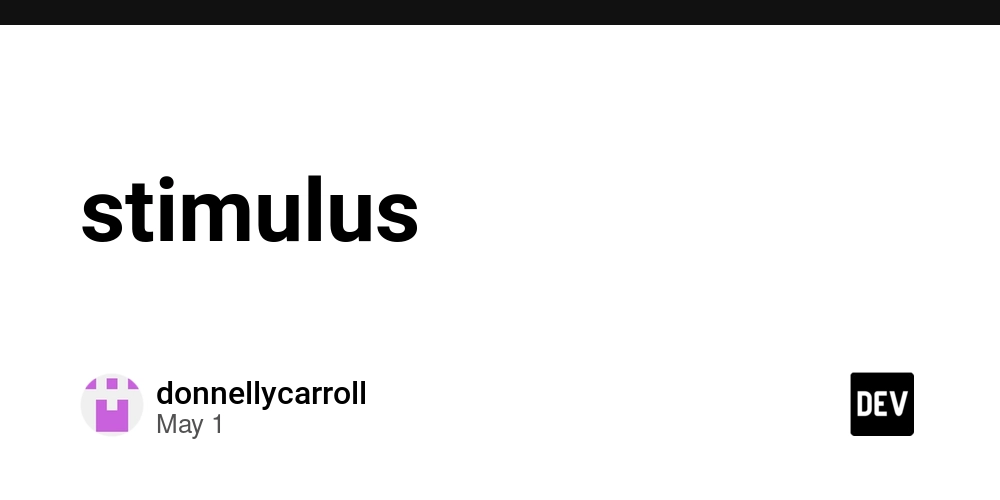





























































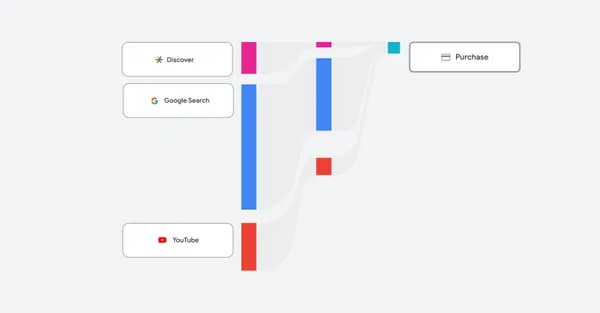



























































































































































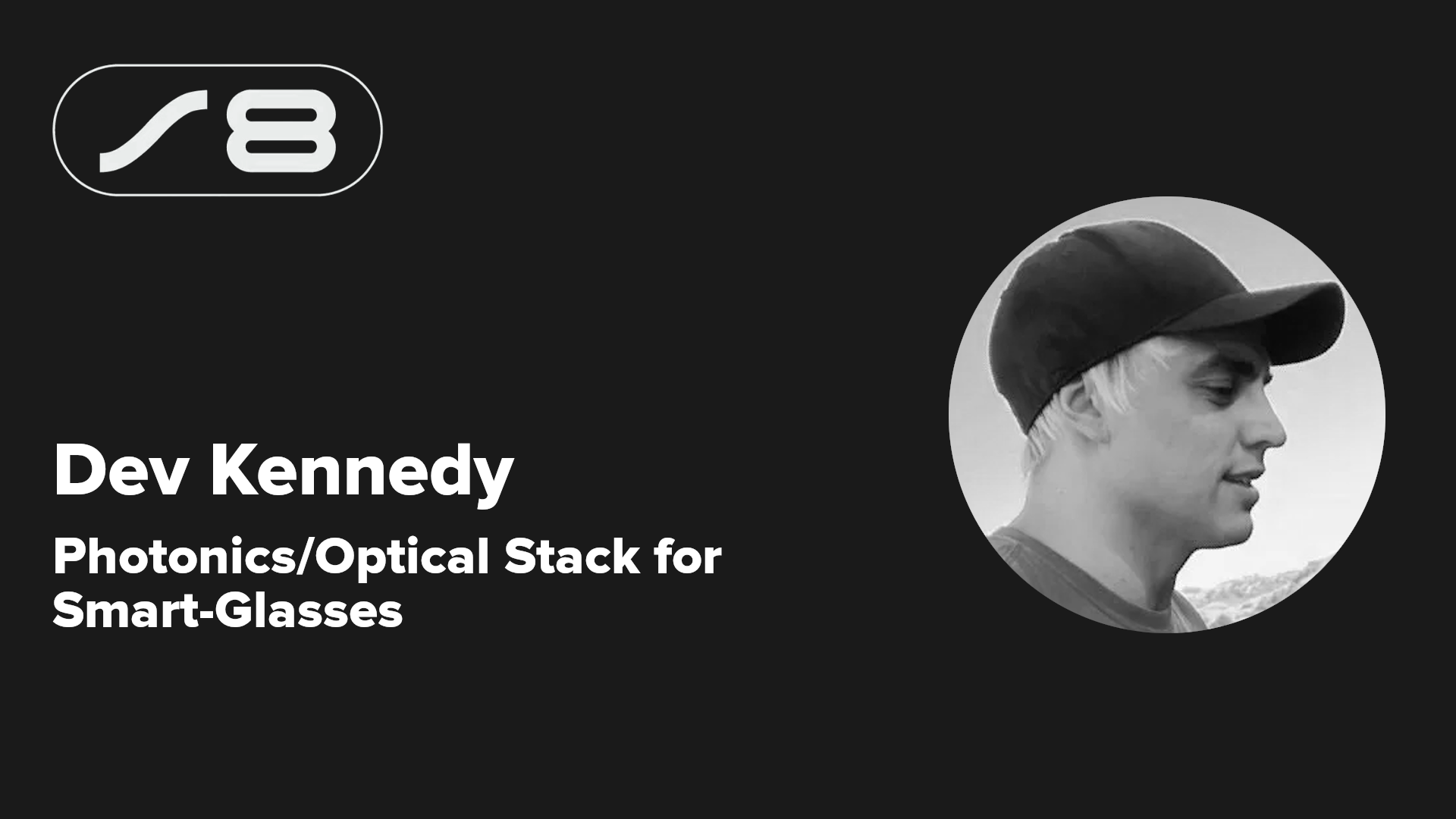






















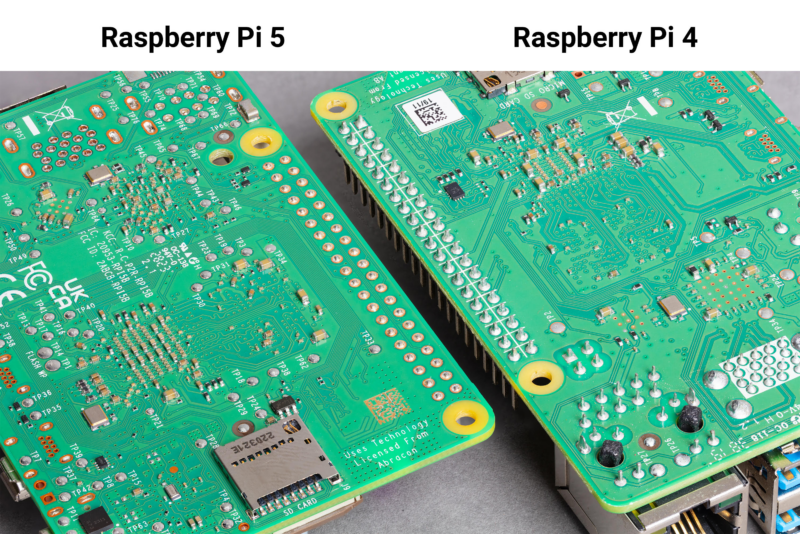


-xl.jpg)











![Google Home app fixes bug that repeatedly asked to ‘Set up Nest Cam features’ for Nest Hub Max [U]](https://i0.wp.com/9to5google.com/wp-content/uploads/sites/4/2022/08/youtube-premium-music-nest-hub-max.jpg?resize=1200%2C628&quality=82&strip=all&ssl=1)













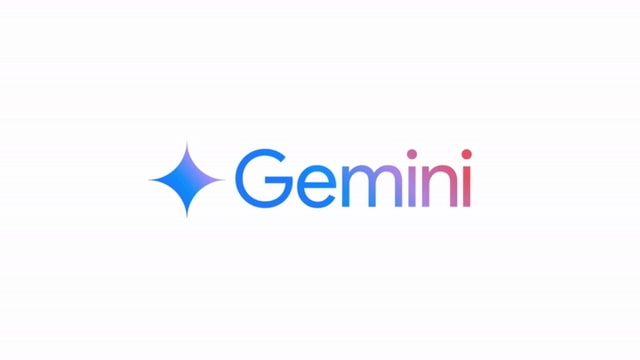
![New Hands-On iPhone 17 Dummy Video Shows Off Ultra-Thin Air Model, Updated Pro Designs [Video]](https://www.iclarified.com/images/news/97171/97171/97171-640.jpg)
![Apple Shares Trailer for First Immersive Feature Film 'Bono: Stories of Surrender' [Video]](https://www.iclarified.com/images/news/97168/97168/97168-640.jpg)





















